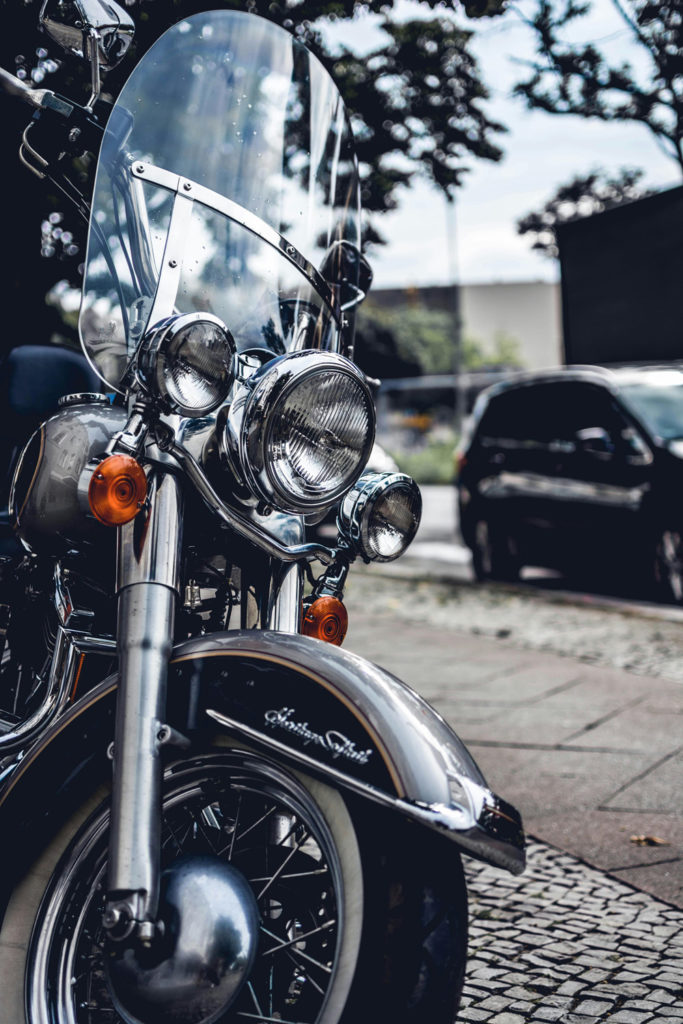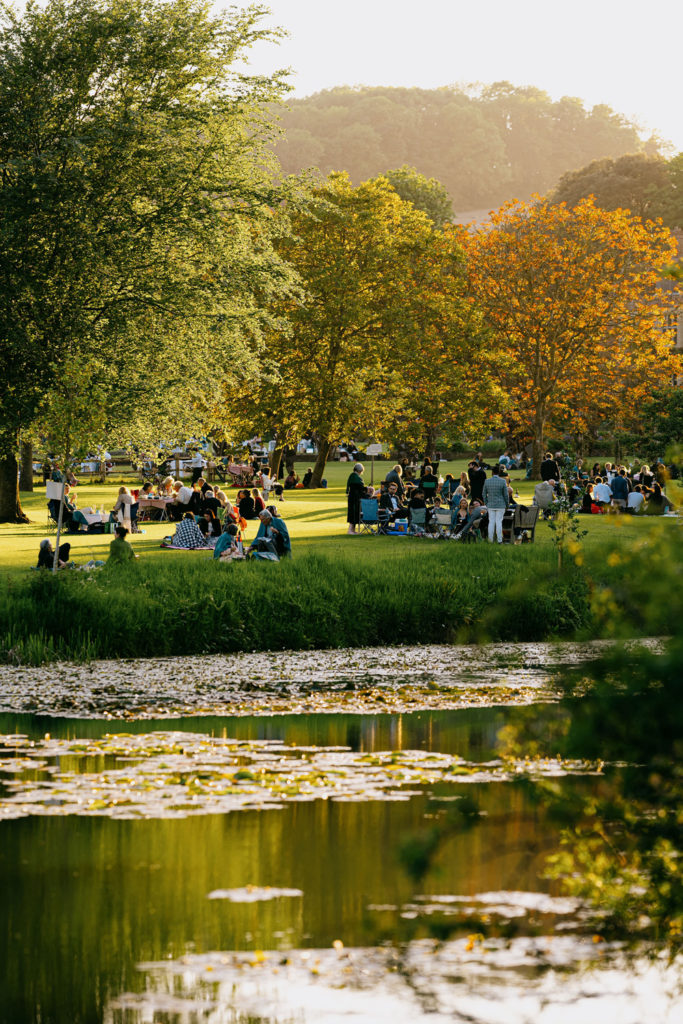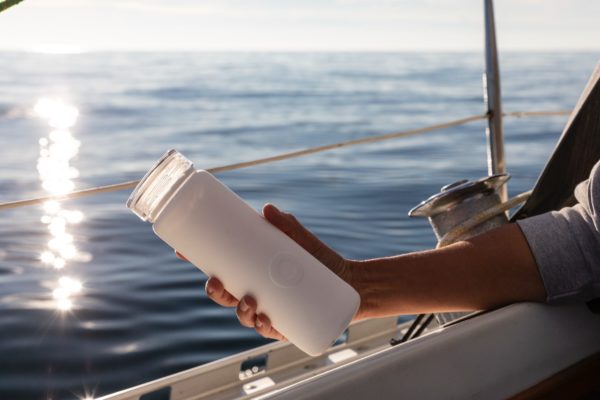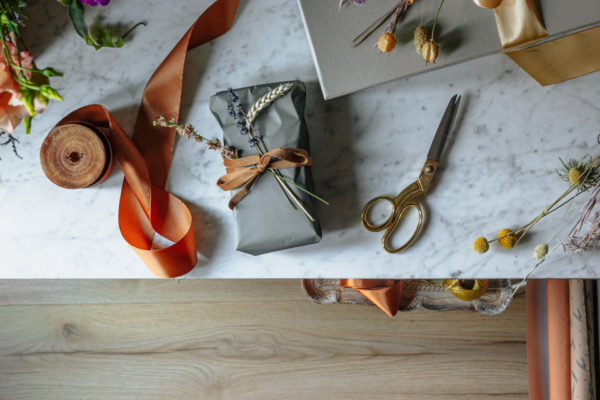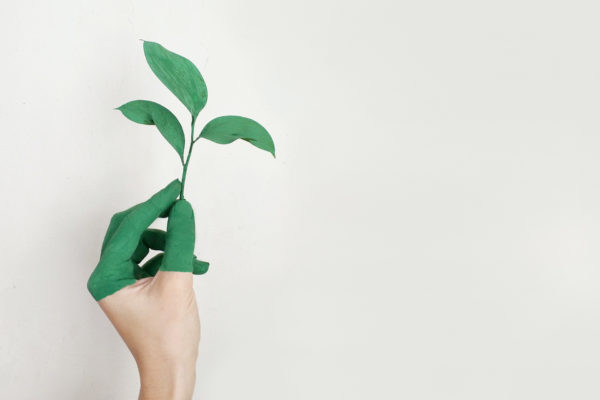The Green Coach: Will Toxins Hurt My Baby?
By
1 year ago
How to navigate the world of baby products
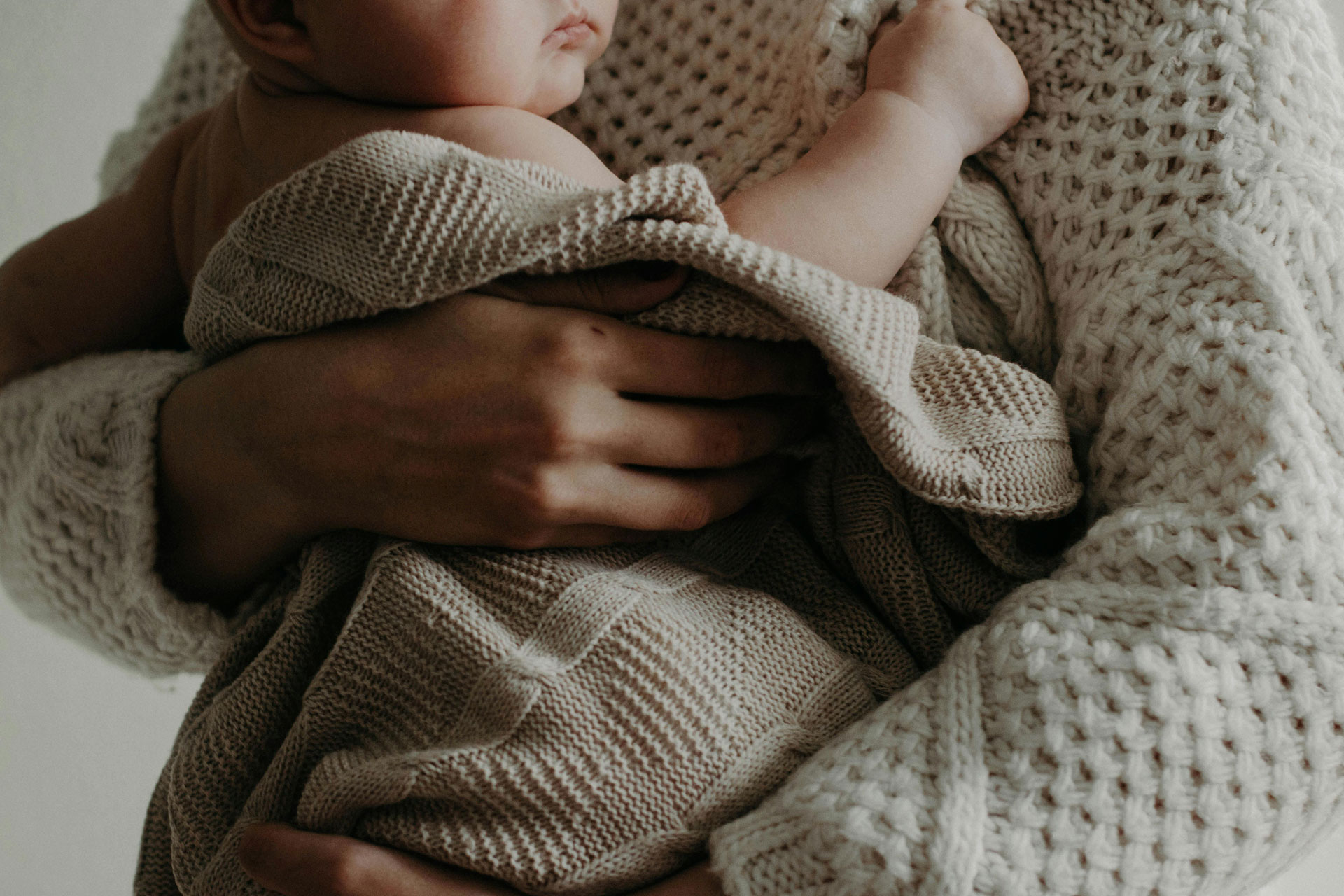
Feeling eco-confused? In our monthly Green Coach column, Lucy Johnson, psychotherapist and founder of sustainable lifestyle consultancy Green Salon, will be tackling all our biggest questions and confessions about the complexities of living a greener life. Up this month: will toxins hurt my baby?
How To Avoid Harmful Chemicals In Baby Products
Dear Lucy,
I’ve just had my first baby and have been reading some scary stories about harmful chemicals in baby products and nappies. I’m really confused about how harmful they are and I don’t want to spend my whole time washing reusable nappies and feeling paranoid about what I put on my baby’s skin. Please can you advise.
Allegra
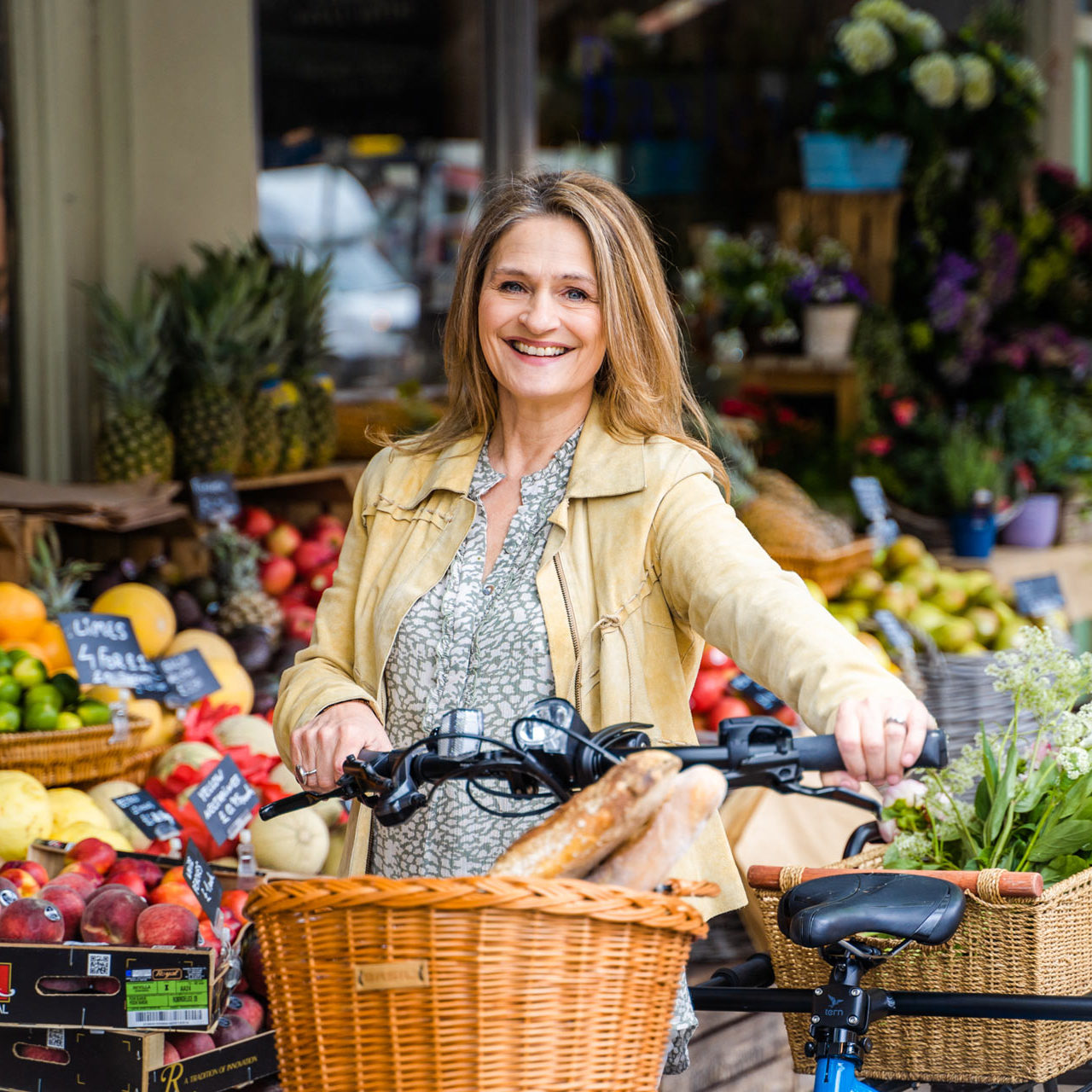
Lucy Johnson, by Vicki Knights
Dear Allegra,
First of all, congratulations on becoming a mum for the first time. It’s an extraordinary time in any woman’s life. With all the wonder though, having a baby can feel overwhelming, so I understand that talk about ‘toxins’ in baby products doesn’t feel very helpful right now. It’s human instinct to want to keep your baby safe and the word ‘toxin’ will naturally set off all sorts of alarm bells. There’s a balance to be had here when talking about synthetic chemicals in baby products between alarming yourself and being informed.
While recent research suggests babies are more sensitive to synthetic chemicals in many common household products – including baby ones – it’s important to keep this in perspective. All man-made chemicals are regulated in the UK and the trace amounts in these products are not going to make your baby sick. The issue is the repetitive use of lots of these different baby and household products and something known as ‘bioaccumulation’.
We are now learning these chemicals – such as parabens, triclosans and phthalates – contain endocrine disruptors that build up not just in our waterways but also, over time, in the human body. In recent years, phthalates have been linked to behavioural issues in children and fertility in both sexes. So the common sense approach is to use fewer of them.
Luckily, as the research is evolving, so are our baby products. More and more baby brands have replaced potentially harmful synthetic chemicals with natural and often organic alternatives. Natural and organic does not, of course, automatically mean gentler, but these baby products are designed to be kind to your baby’s skin and health.
Even a couple of years ago, gentle baby brands cost significantly more than regular brands but that’s shifting as more brands come on to the market. My advice is to avoid buying lots of cheaper baby moisturisers, soaps and shampoos and opt for fewer nature-based products. Babies’ skin is pretty self-regulating and so the less intervention the better. The National Eczema Society advises not bathing your baby every evening as the water and soaps remove their skin’s natural oils, drying it out and increasing the likelihood of eczema. Simply cleaning their (many) skin creases with a cloth and warm water works just as well.
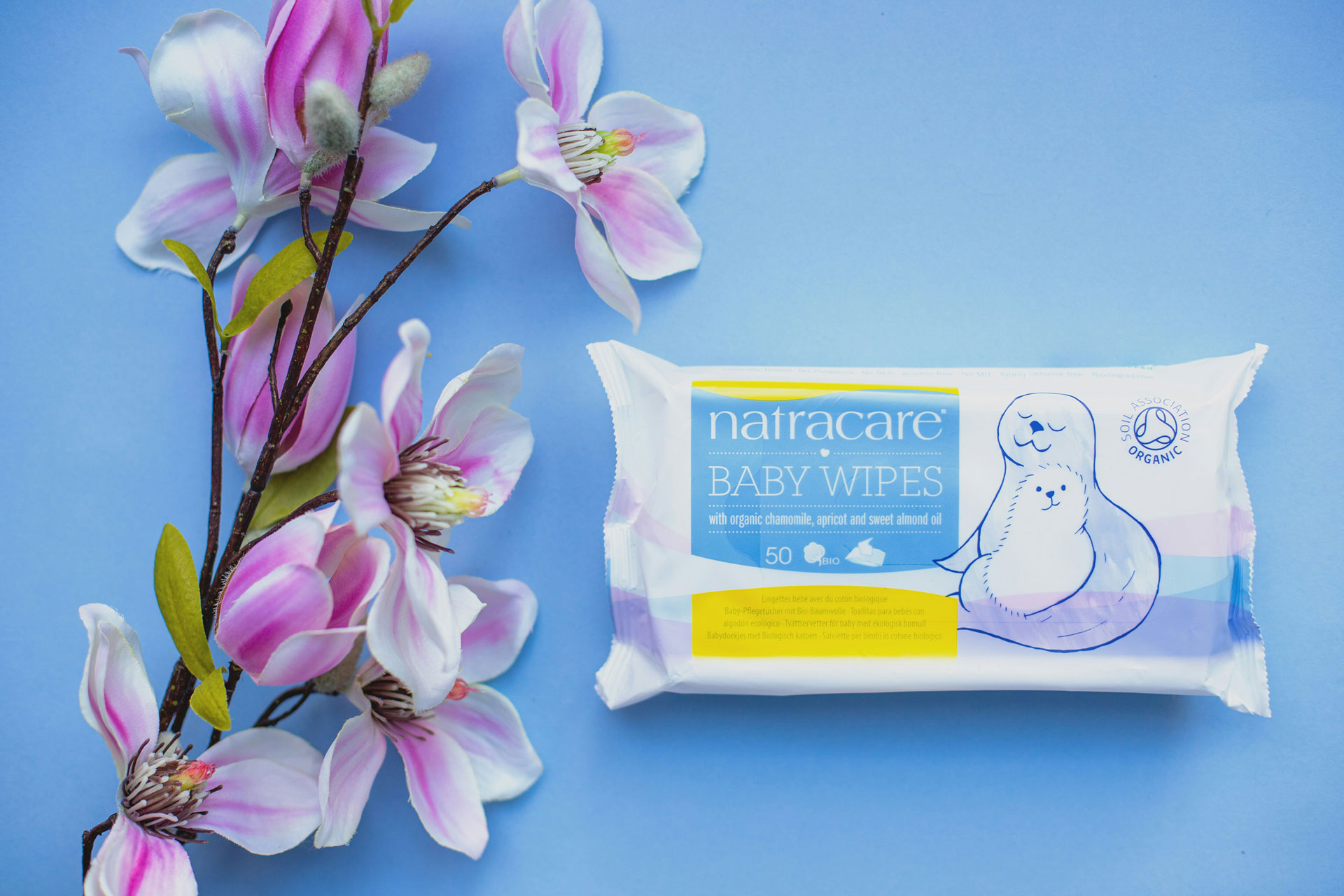
The good news is that you don’t have to spend your life washing reusable nappies if that’s not for you. Babies get through a lot of nappies – the average baby uses 4-6,000 nappies before being potty trained – so it’s worth remembering that cotton reusable nappies need frequent washing and therefore are not a perfect eco-friendly solution either.
Regular disposable nappies are plastic-lined, which can cause nappy rash as they hold in moisture and contain chemicals you might want to avoid. Bamboo nappies are a great alternative. Fast-growing bamboo is highly absorbent, wicking moisture away from the skin, naturally anti-bacterial, breathable and temperature regulating.
One of the most innovative eco-nappy brands on the market is Mama Bamboo. They’re working hard to overcome the fact that compostable nappies are something of a misnomer as they currently only biodegrade in industrial composters – and not many of us have one of those to hand. While most compostable nappies therefore end up in landfill, bamboo nappies have the advantage of not containing plastics and other synthetic chemicals which can leach into groundwater.
If you’re avoiding parabens and phthalates in your baby products, it makes sense to start to ease them out of the rest of the house. Lots of regular cleaning products also contain these chemicals. So look for green brands like Bower Collective and Spruce. Once you start looking at the ingredients lists on the back of the bottles lined up on your bathroom shelf you’ll be amazed by how many have these chemicals snuck into them.
Ultimately, being a parent, while one of life’s greatest joys, can feel complicated enough so don’t forget to go easy on yourself. It’s not about avoiding all synthetic chemicals, which given how ubiquitous they are, is a forlorn task, but minimising them in your home as you bring up your beautiful new baby.
Lucy
For synthetic chemical-free baby products check out Green Salon Kid’s Directory and if you’d like a home visit to prepare a greener home for your baby, then email Lucy at [email protected]. Lucy’s Sapling Green package shows you how to create a calm and healthy home for babies and toddlers. greensalon.co.uk

